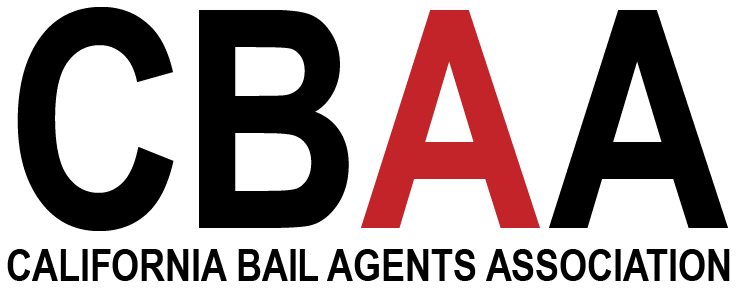The evolution of law courts in the United Kingdom that dates back to the early Middle Ages.
As a independent nation, Ireland operates a independent legal system that is based on a combination of common law and statute, influenced by both its British legal heritage and its membership in the European Union.
When you have almost any inquiries about in which in addition to the way to utilize find a solicitor, you can e-mail us from our own page. At the top of the hierarchy is the Supreme Court of Ireland, the final court of appeal. It has constitutional authority and hears cases of public importance or where decisions could affect the interpretation of the Constitution. A notable feature is the court’s power to carry out judicial review of laws passed by the Oireachtas (the Irish Parliament).
These courts have several key duties that are central to the proper functioning of the legal system. Whether handling criminal cases, civil disputes, family matters, or appeals, the duties of law courts are designed to uphold the rule of law, protect individual rights, and provide a fair and equitable system for all. This article explores the main duties of law courts in the UK, including their responsibilities in case management, the delivery of justice, safeguarding human rights, and maintaining public confidence in the legal system.
The primary duty of law courts is to administer justice fairly and impartially. Courts are expected to operate without bias and provide a fair trial for all individuals, regardless of their background, wealth, or status. This is particularly important in criminal cases, where defendants face the potential for severe penalties, including imprisonment. Courts must assess evidence, hear witness testimony, and deliver judgments based on facts and the law, without external influence.
The late 20th century and beyond, the UK legal system continued to evolve. The Human Rights Act 1998 incorporated the European Convention on Human Rights into UK law, providing greater protection for individual rights. The rise of the internet and digital technology also impacted the legal system, with courts increasingly adopting electronic case management systems and holding hearings via video conferencing.
A pivotal moment in the history of UK law courts occurred during the reign of Henry II. King Henry II (reigned 1154-1189) is often credited with establishing the framework for a unified legal system in England. He introduced reforms that expanded the reach of the royal courts and reduced the influence of local lords and barons. One of his most significant reforms was the establishment of circuit judges, who traveled the country to hear cases and ensure the uniform application of the law. This helped to create a more centralized system of justice and a more uniform legal system throughout England.
The Circuit Court handles more serious criminal offences (known as indictable offences), a wide range of civil matters, and also hears appeals from the District Court. The country is divided into several circuits, and judges travel on circuit to hear cases. It’s an important tier for both criminal and civil law, especially in family law, probate, and contract disputes.
The allocation of resources for the courts is also an important aspect of their administration. The Ministry of Justice is responsible for determining the funding allocated to the courts, which must be balanced against the broader budget for public services. Court administrators must work within these financial constraints while ensuring that the courts continue to operate effectively and efficiently.
The High Court has full original jurisdiction, meaning it can hear any case, civil or criminal, that does not fall under the exclusive jurisdiction of another court. It deals with serious civil cases, judicial reviews, constitutional issues, and appeals from the lower courts. It also sits as the Central Criminal Court when dealing with the most serious criminal offences, such as murder and rape.
As time passed, the judicial system in England and later in the wider United Kingdom developed from informal practices to a structured and formalized system. This article will explore the origins of law courts in the UK, highlighting key milestones and the changes that shaped the legal landscape.
An essential function of law courts is to facilitate the work of legal professionals. Courts provide a forum for legal representatives, including solicitors, barristers, and other legal professionals, to present their cases and engage in advocacy on behalf of their clients. Courts must ensure that the legal profession operates ethically and according to the rules of conduct, ensuring that lawyers are able to represent their clients fairly and competently.
During the 18th and 19th centuries. The Industrial Revolution brought about major societal changes, and the legal system had to adapt to new challenges. The growing urban population, increased commercial activity, and more complex social issues required reforms to the court system. During this time, legal reforms were introduced to address issues such as property rights, workers’ rights, and criminal justice.
In conclusion, law courts in the Republic of Ireland form a dynamic and principled framework for delivering justice. From local District Courts to the Supreme Court, the Irish judiciary ensures that laws are applied fairly, rights are protected, and the Constitution is upheld.
